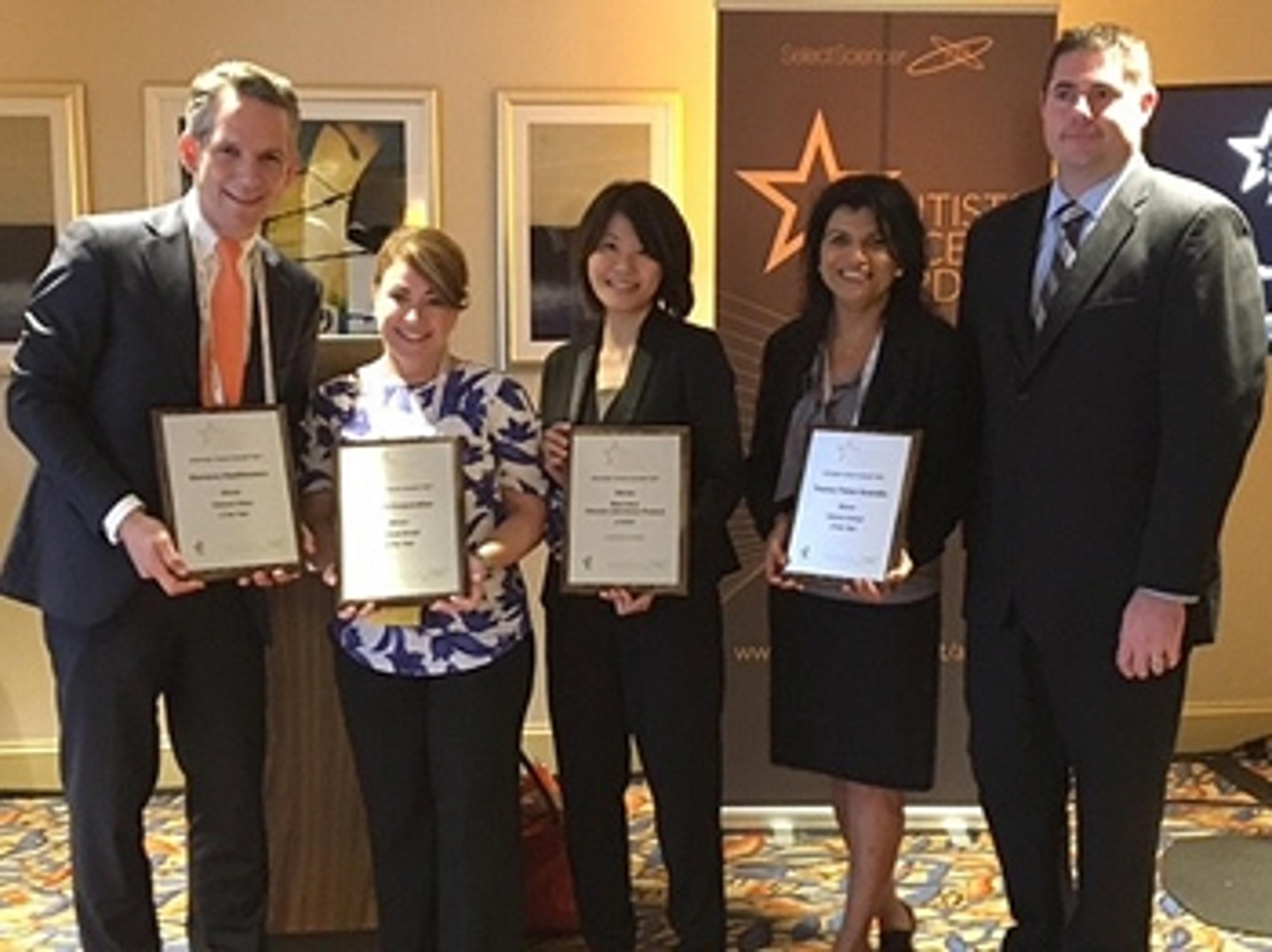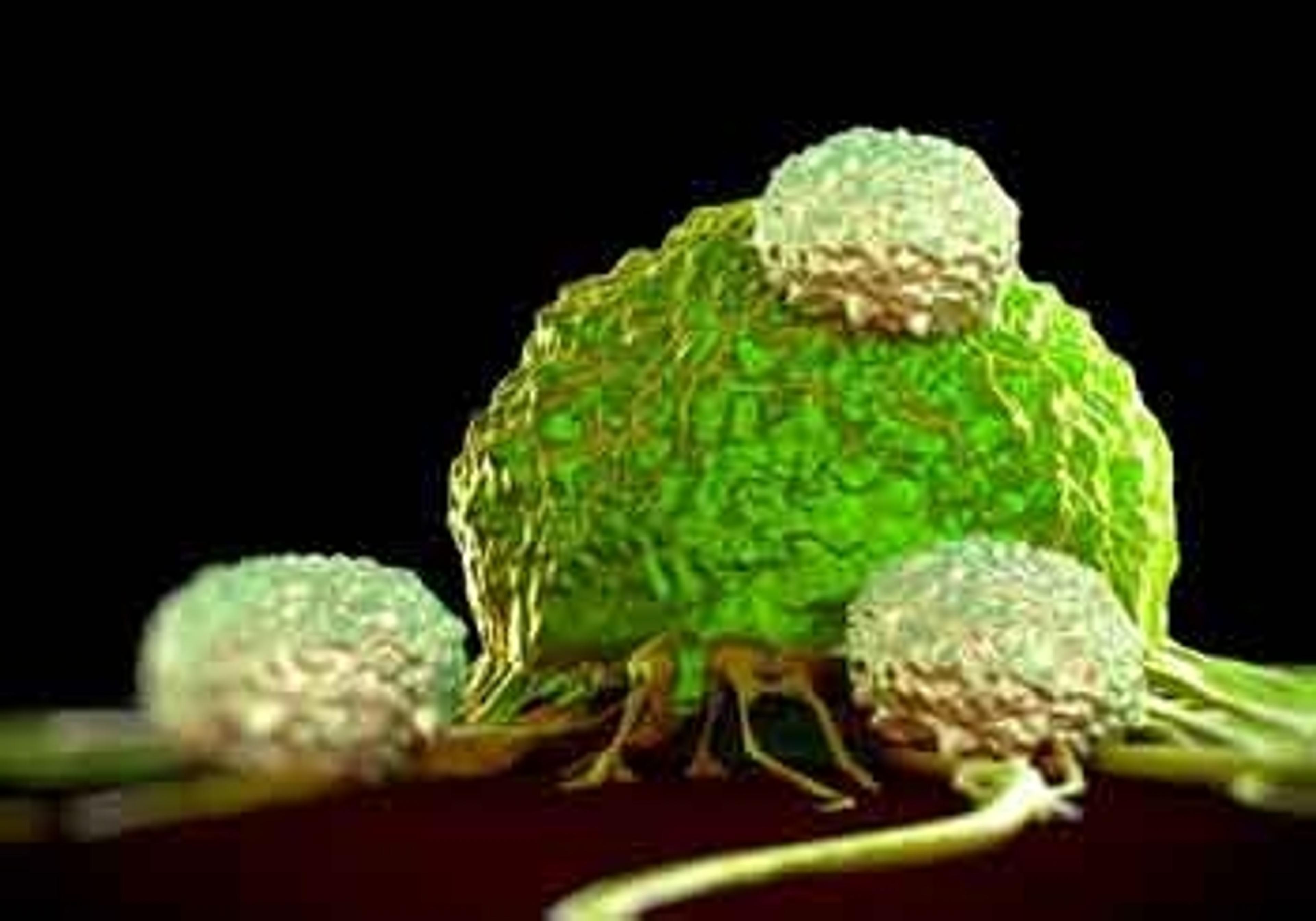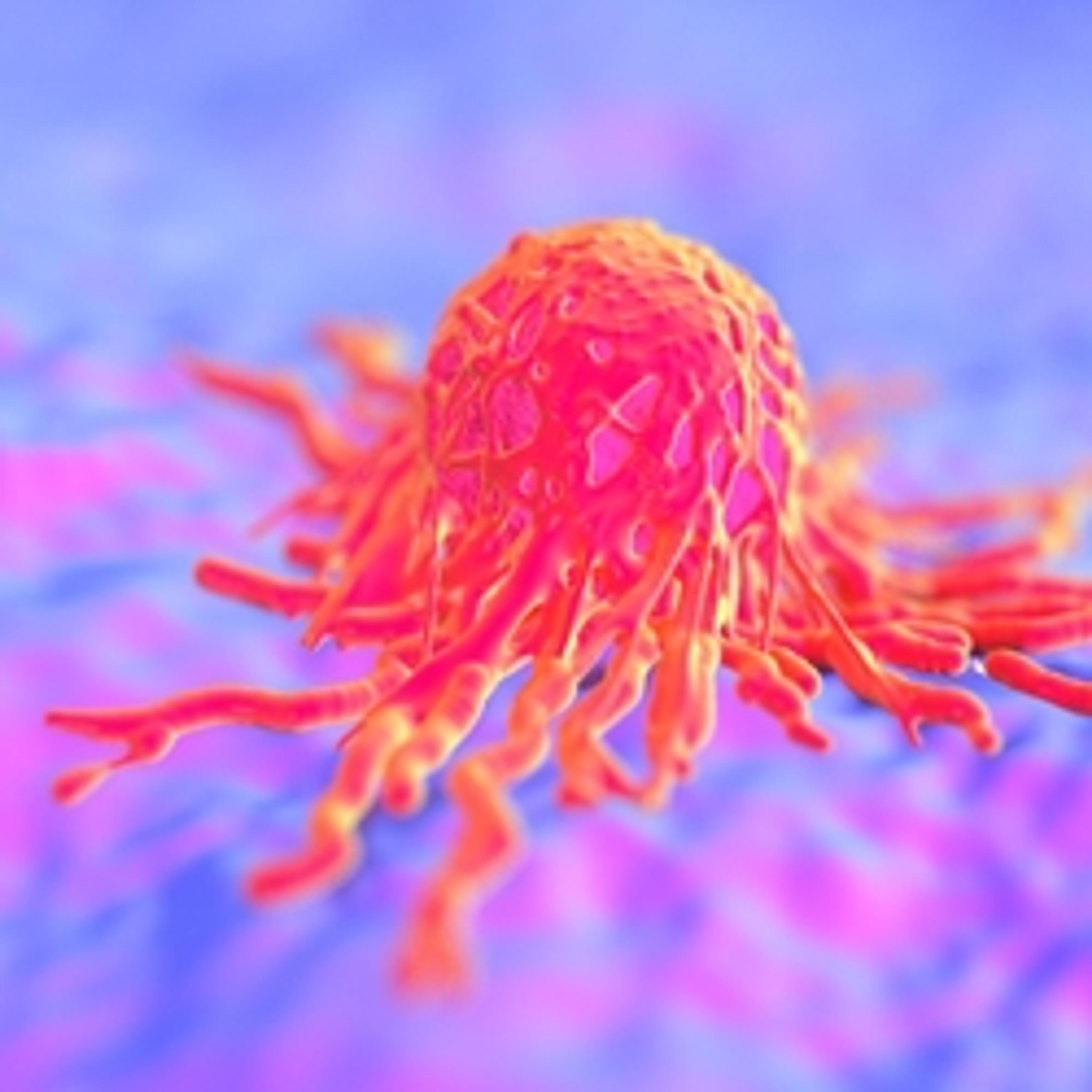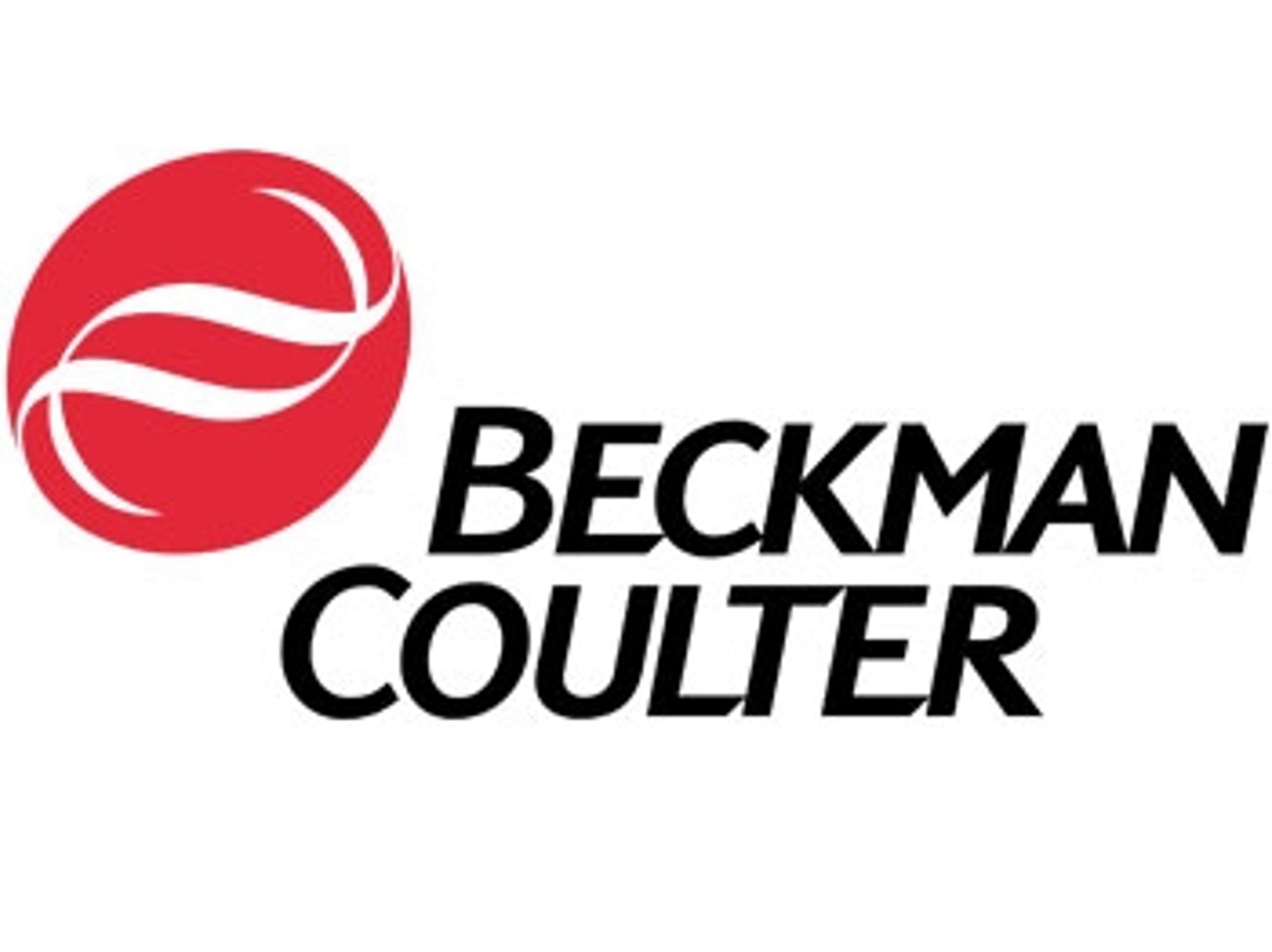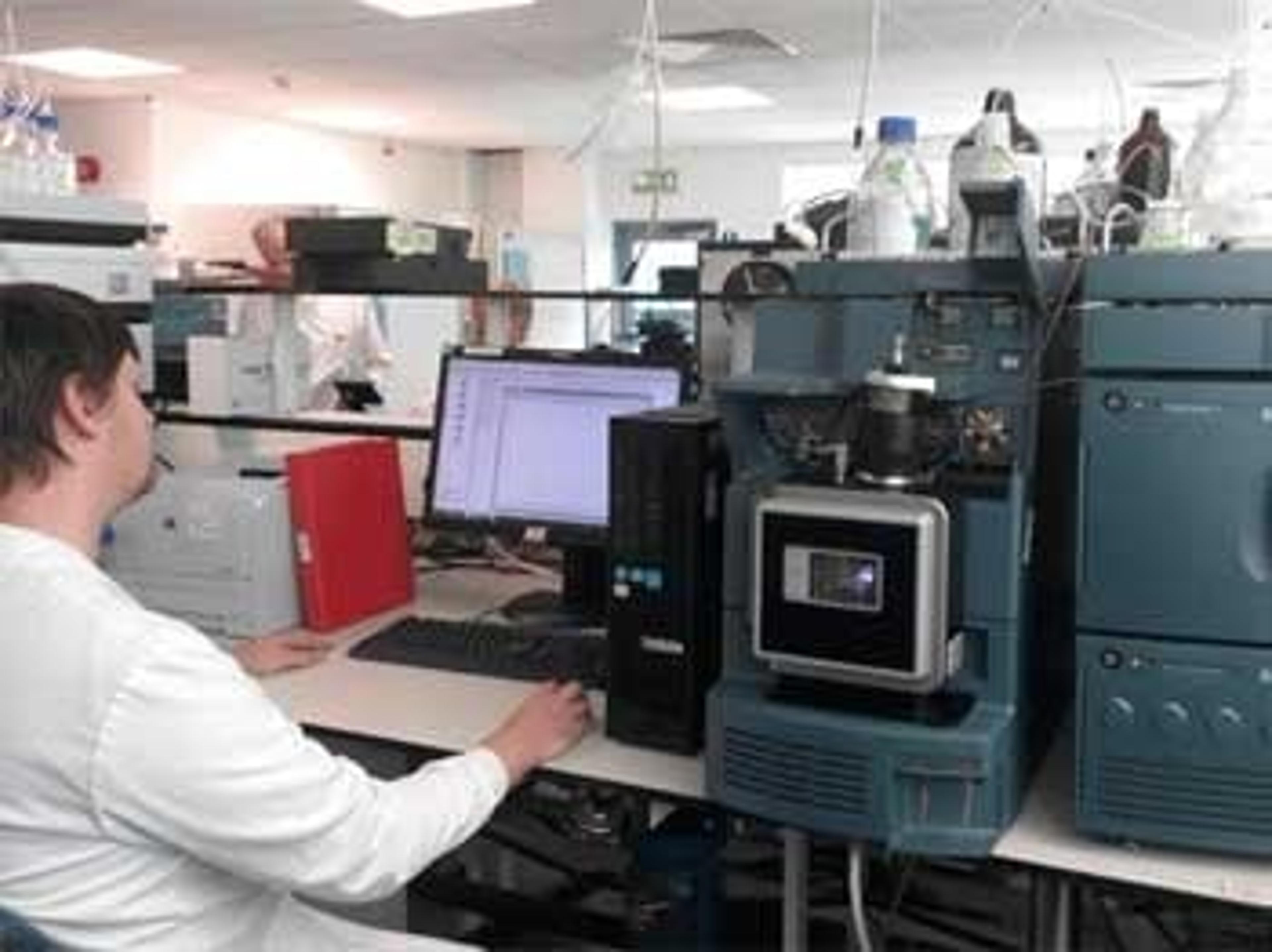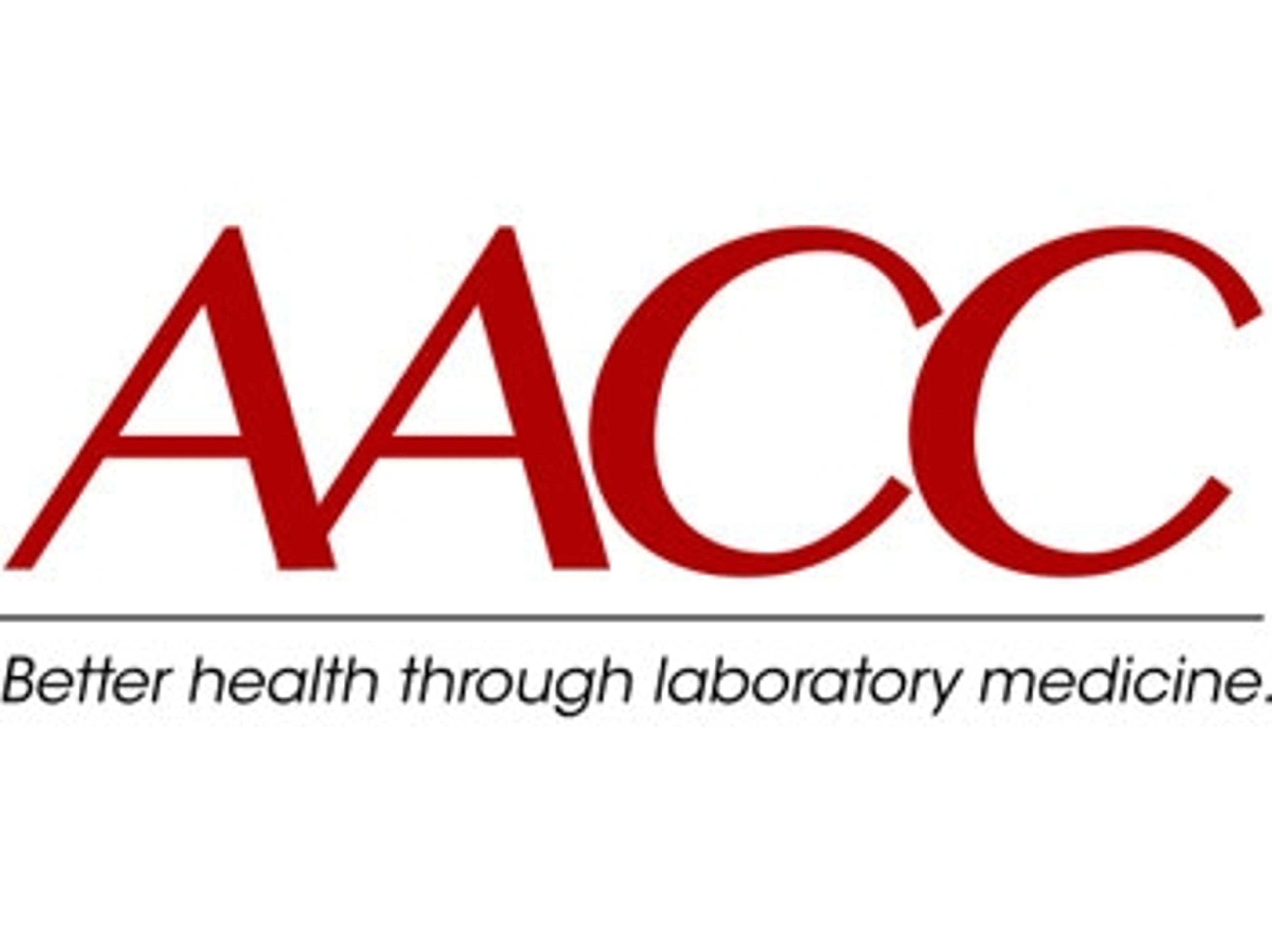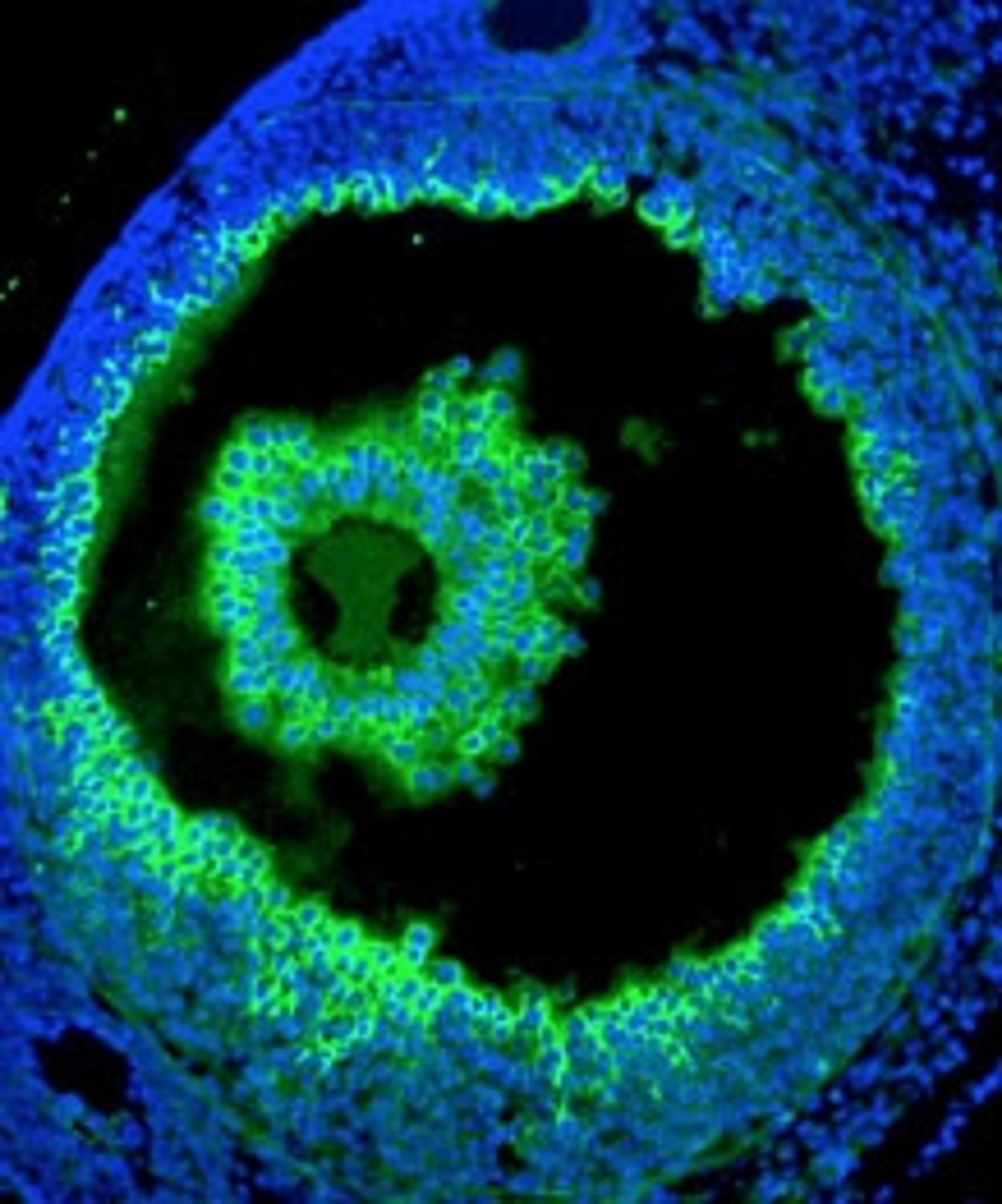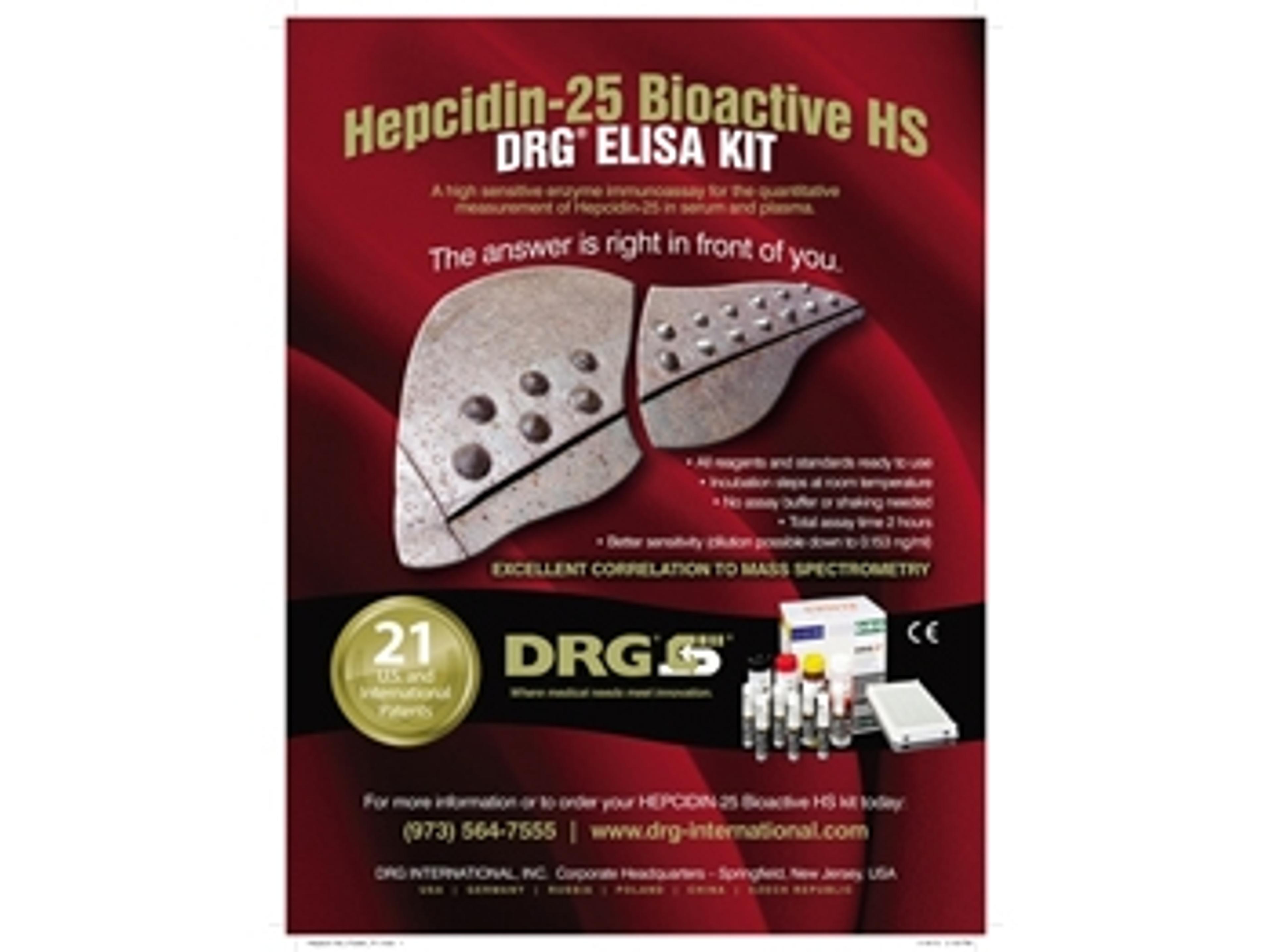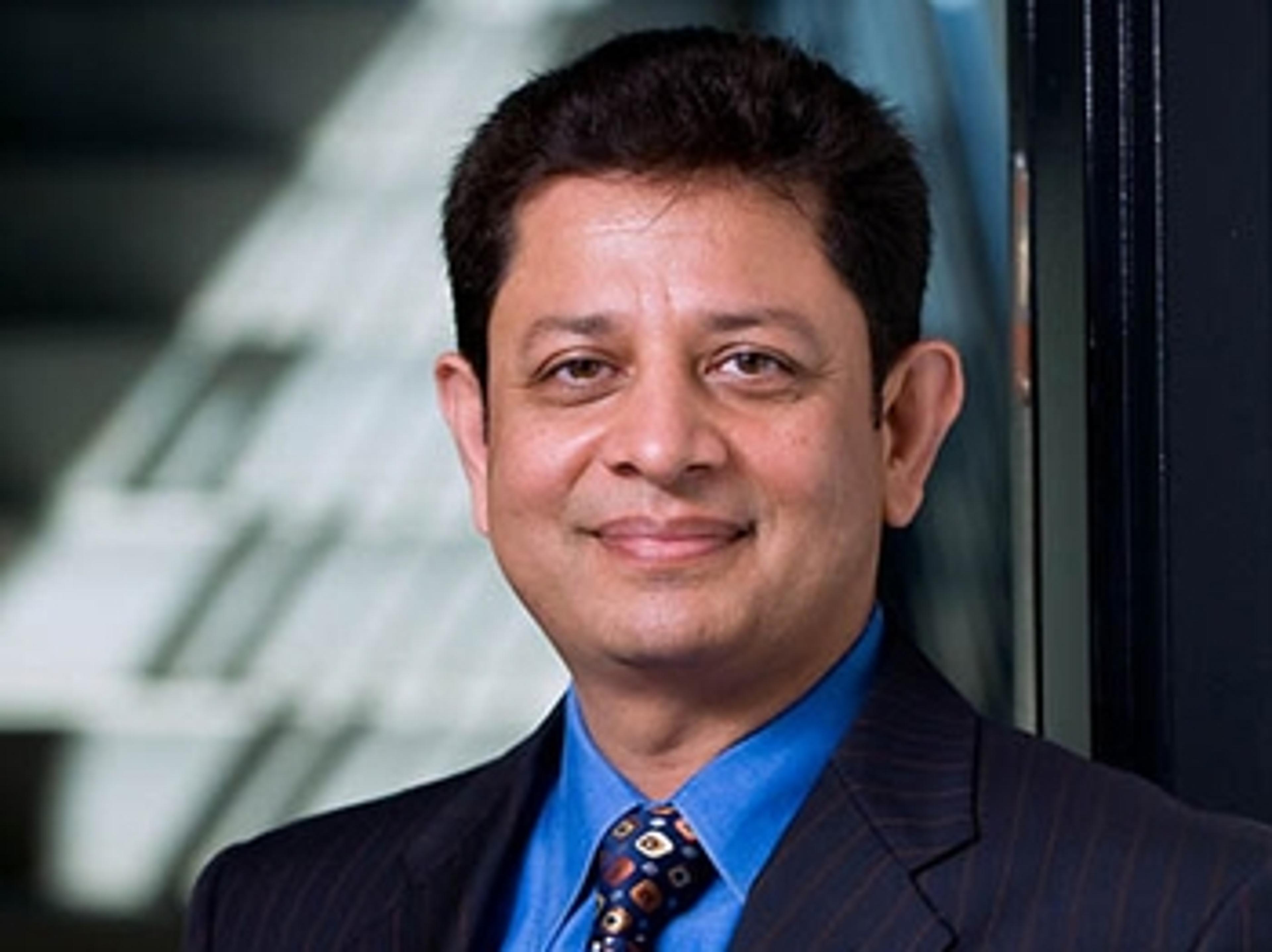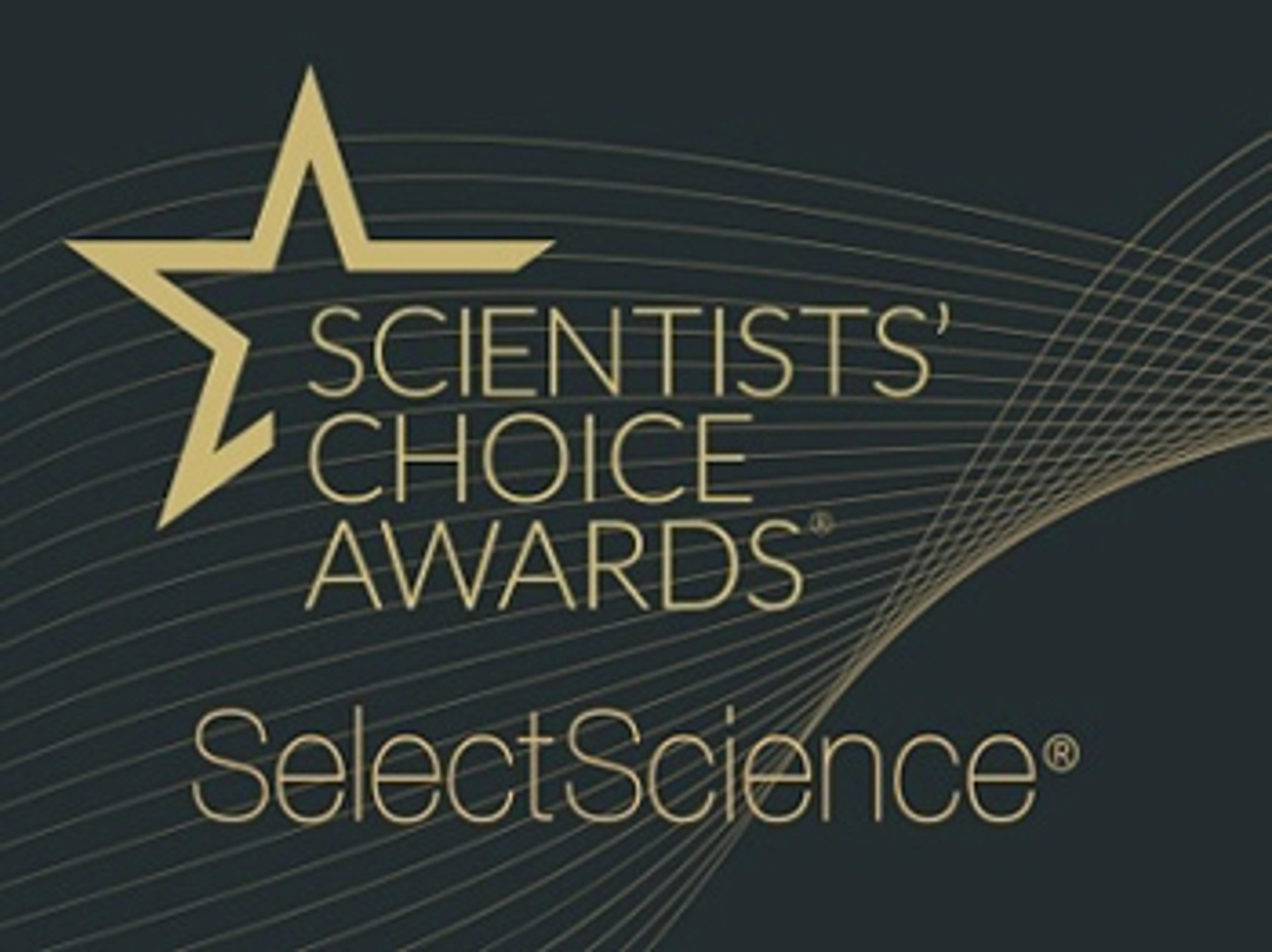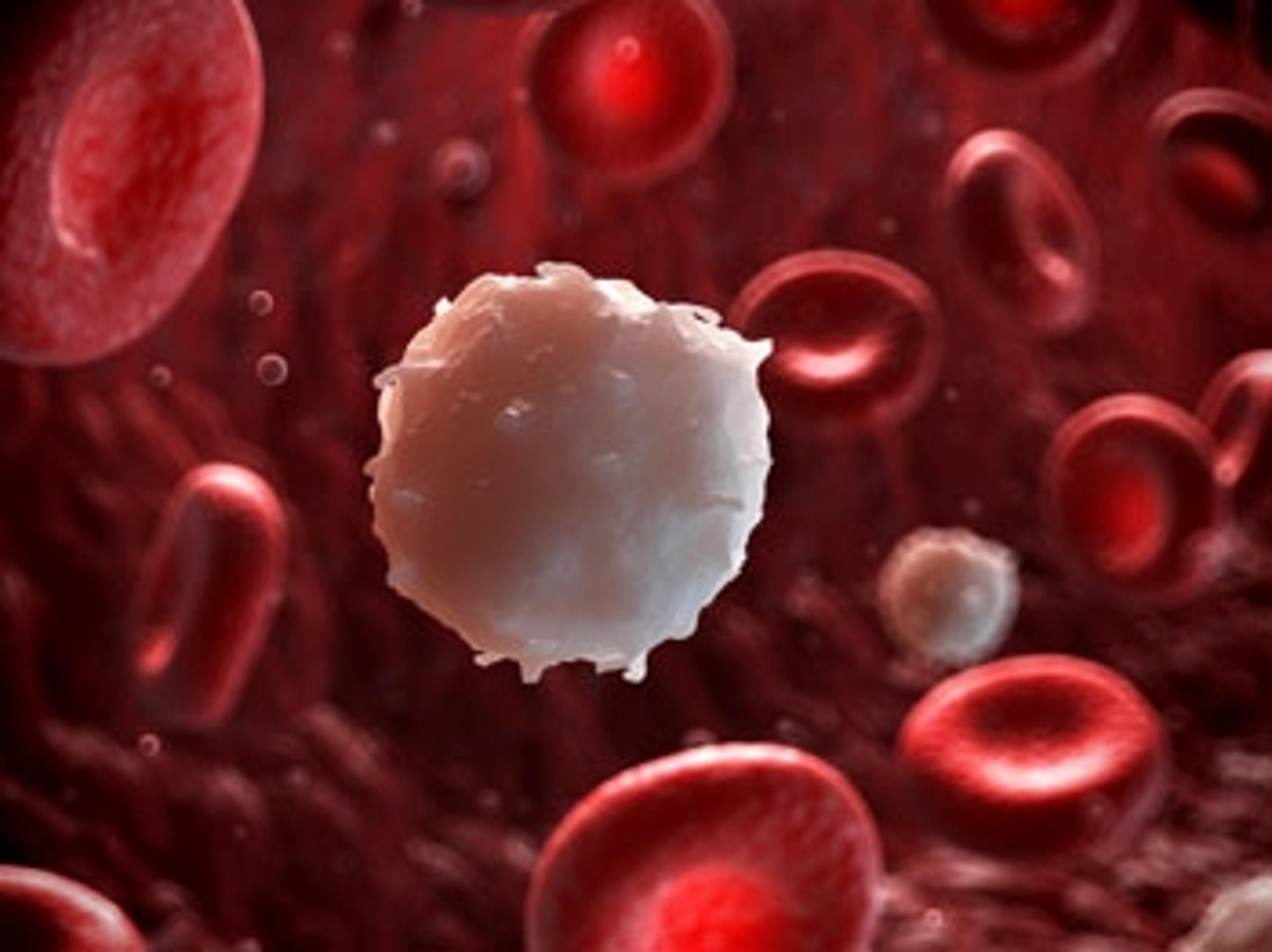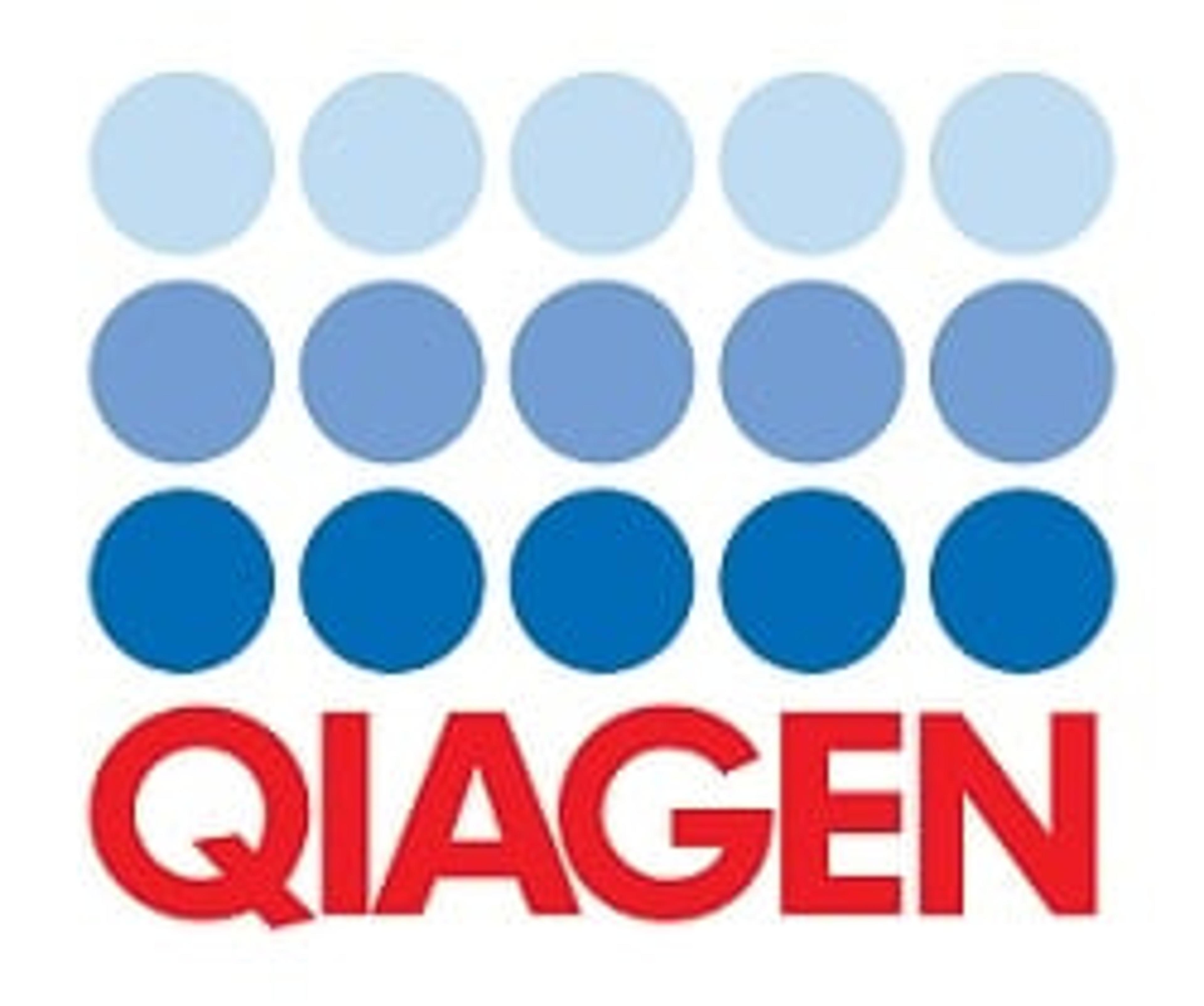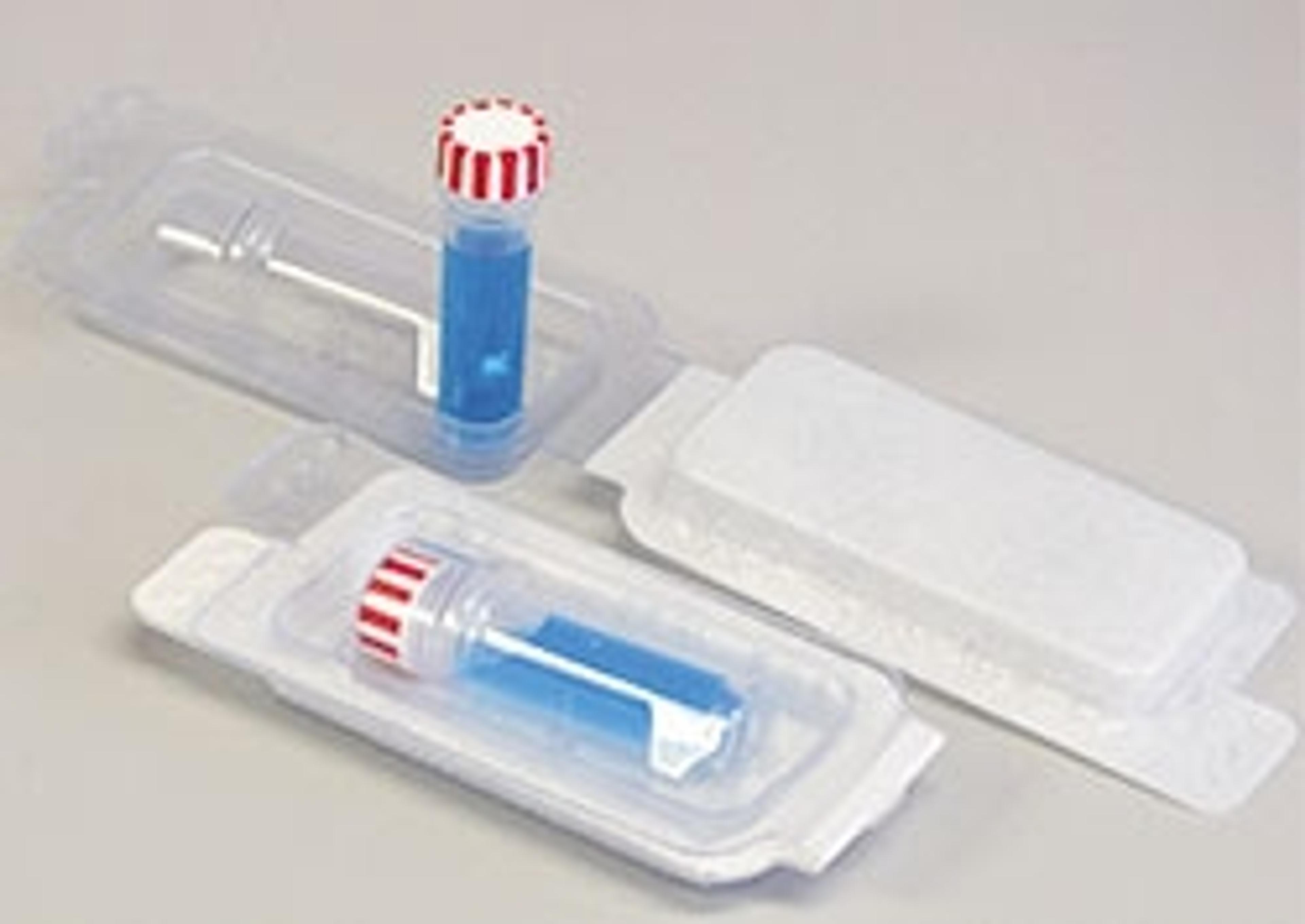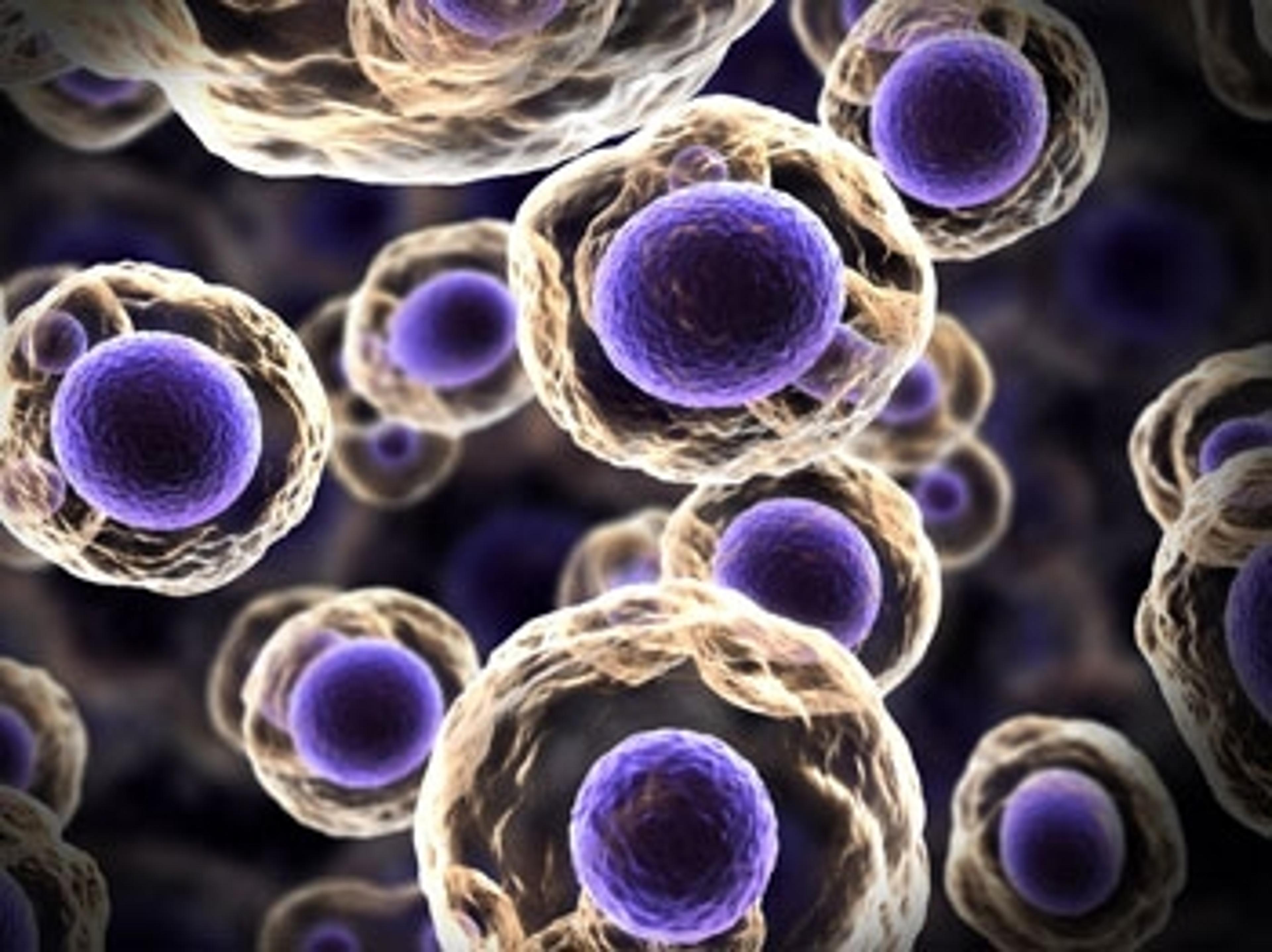News & Articles
Selected Filters:
Bacterial Plasmids Found to Transfer Genes to Other Species
Bacterial evolution, particularly resistance to antibiotics, is an emerging public health threat
Scientists’ Choice Awards Winners Announced for Clinical Lab Science at AACC 2017
Huge turnout as industry leaders recognize the best in the business at the biggest ever Clinical Scientists’ Choice Awards in San Diego
Big Step Forward for Novartis CAR-T Cancer Therapy after FDA Backing
Panel gives unanimous support to chimeric antigen receptor T cell therapy for acute lymphoblastic leukemia
Fluidigm Introduces Immuno-Oncology Gene Expression Assay for Translational and Clinical Research
Advanta qPCR assay to enable advanced tumor immunobiology analysis
Beckman Coulter Life Sciences Showcases Clinical Flow Cytometry Innovation at AACC 2017
New Products Address Diagnostic Challenges and Workflow Requirements
A Homegrown Team of Clinical Mass Spectrometry Specialists
Find out how this busy UK biochemistry department has implemented mass spectrometry for clinical practice, for improved specificity and cost-efficiency
Editor's Highlights for AACC 2017 Clinical Lab Expo
SelectScience will be providing full event reporting from the AACC 2017 Annual Meeting and Clinical Lab Expo in San Diego
Don’t Miss Out: Review Now for Your Chance to Win a $400 Amazon Voucher
The next BIG prize drawing is only days away - simply write a laboratory product review today for your chance to win a $400 Amazon voucher or an iPad
Hologic’s New Panther Fusion® System, Flu and Respiratory Assays Now CE Marked in Europe
New Panther Fusion module expands molecular testing capabilities, increases productivity and flexiblity for the laboratory
T Cell Engineering for Breakthrough Immunotherapy Research
Discover the world’s only fully automated, GMP-compliant, CAR T cell manufacturing system
Multiplex Technology Supports Multi-Biomarker Assay Development at UC Davis Medical Center
Customized multiplex xMAP assays enable the development of efficient, cost-effective diagnostic tests for cancer and infectious diseases
Vote for the Best New Clinical Laboratory Product of 2016 in the Scientists’ Choice Awards
To be in with a chance of winning a $500 Amazon voucher, cast your vote by July 26
Ask New Research Questions with the Latest Live Cell Imaging Technology
Learn how scientists around the world are using IncuCyte technology to investigate dynamic biological processes in real time
Immunoassay and Live Cell Analysis Solutions Presented at IMMUNOLOGY 2017
New T Cell assays advance insight into immune response
Scientists’ Choice Awards Nominations Open for Best New Clinical Laboratory Product of 2016
Which new product, instrument or consumable has made the most difference to your clinical laboratory or point-of-care practice?
MilliporeSigma to Present New Solutions and Innovations at IMMUNOLOGY 2017
Advancing immunology research for a healthier world



